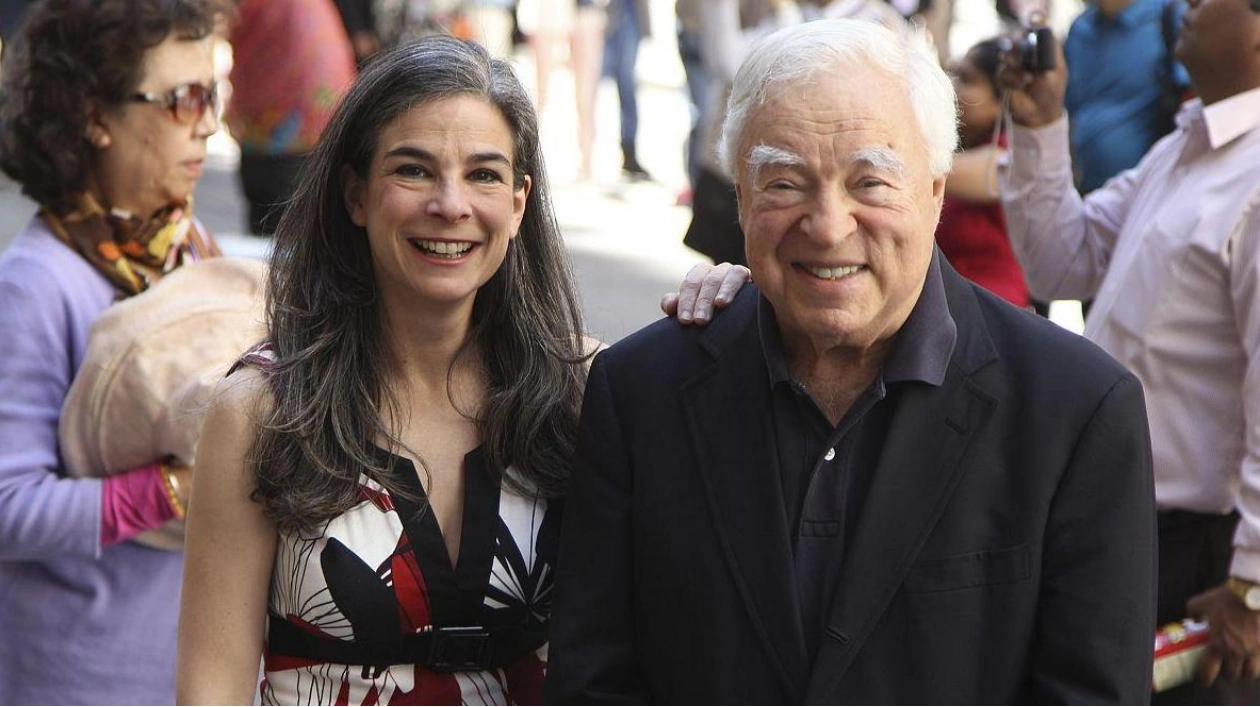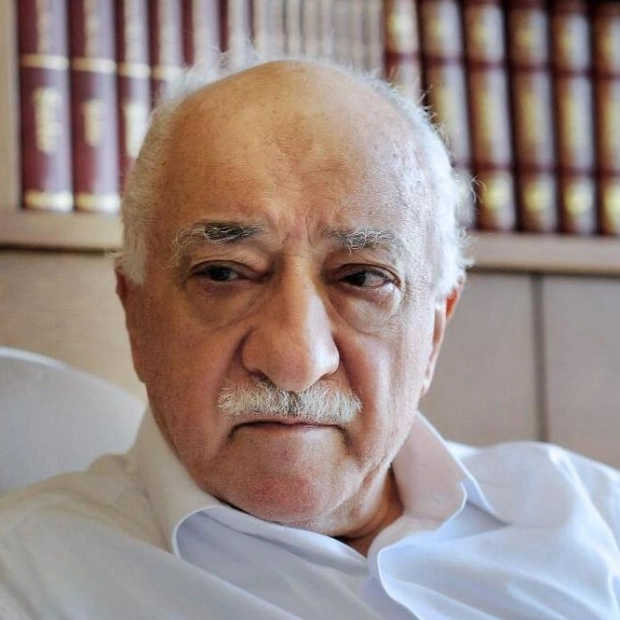Pauline Frommer, the daughter of the author, announced that her father passed away due to complications from pneumonia on Monday. Frommer started his writing career by creating a guidebook for American soldiers stationed overseas. After this initial success, he went on to establish one of the most recognized brands in the travel industry by self-publishing 'Europe on 5 Dollars a Day' in 1957.
'My father made the world accessible to so many,' Pauline Frommer shared. 'He firmly believed that travel could be a transformative experience and that it didn't have to be expensive,' she added. The Frommer brand, now spearheaded by his daughter, continues to be a prominent name in the travel sector, encompassing guidebooks for various destinations worldwide, a strong social media presence, podcasts, and a radio show.
Frommer encouraged American travelers to immerse themselves in the authenticity of their destinations, advocating for stays in inns and budget hotels rather than luxury establishments, and dining in local cafes instead of high-end restaurants. Reflecting on the 1950s, Frommer noted in a 2017 interview that 'most Americans were led to believe that foreign travel, especially to Europe, was a rare and potentially dangerous adventure. They were cautioned to only stay in five-star hotels and dine in top-tier restaurants. I knew these warnings were exaggerated.'
'We were trailblazers in suggesting that all types of Americans could travel, not just the affluent,' he added. Frommer championed budget travel as a means to a more genuine experience, encouraging ordinary people, not just the wealthy, to explore abroad. The book's success was further amplified by the rise of affordable air travel, making Europe more accessible. At its peak, it was nearly impossible to visit iconic sites like the Eiffel Tower without seeing Frommer's guidebooks in the hands of fellow tourists.
Though Frommer's advice may now seem commonplace, it was revolutionary at a time before budget airlines and backpacking became mainstream. Prior to Frommer, guidebooks focused on historical sites but neglected practical travel tips like finding affordable accommodations and dining options. The final editions of Frommer's series were titled 'Europe from $95 a Day,' but this concept became outdated as hotel prices rose, leading to the series' discontinuation in 2007.
Despite a series of sales that began when Frommer sold his guidebook company to Simon & Schuster, the Frommer brand endured. It was later acquired by Wiley Publishing and eventually by Google in 2012. Google discontinued the guidebooks, but Arthur Frommer managed to reclaim his brand, relaunching the print series with Pauline in 2013. 'I never imagined at my age I'd be working this hard,' he said at 84.
Frommer remained a vocal figure in 21st-century travel, expressing his opinions on his blog and radio show. He criticized mega-cruise ships and questioned the reliability of consumer reviews on travel websites. He also coined the term 'Trump Slump,' predicting a decline in U.S. tourism after Donald Trump's election.
Born in Lynchburg, Virginia, and raised during the Great Depression in Jefferson City, Missouri, Frommer's early life shaped his perspective. He attended New York University and was drafted after graduating from Yale Law School in 1953. His fluency in French and Russian led him to work in Army intelligence in Germany during the Cold War. His first European experience was from a military transport plane, and he often traveled to Paris or England during his off-duty hours.
Frommer's initial guidebook, 'The GI's Guide to Traveling in Europe,' was a hit, prompting a civilian version. The first 'Europe on 5 Dollars a Day' was more than a list; it was written with a sense of wonder, comparing Venice to a 'fantastic dream.' Frommer eventually left law to write travel guides full-time, often traveling with his young daughter Pauline and first wife, Hope Arthur.
As inflation increased, Frommer changed the book's title to 'Europe on 5 and 10 Dollars a Day,' a decision he likened to a 'knife in the head.' Throughout his life, Frommer preferred economy class travel, aiming to experience what the average traveler encounters. As he aged, Pauline Frommer took on a more significant role in managing the company, ensuring her father's legacy continued.
Source link: https://www.euronews.com






